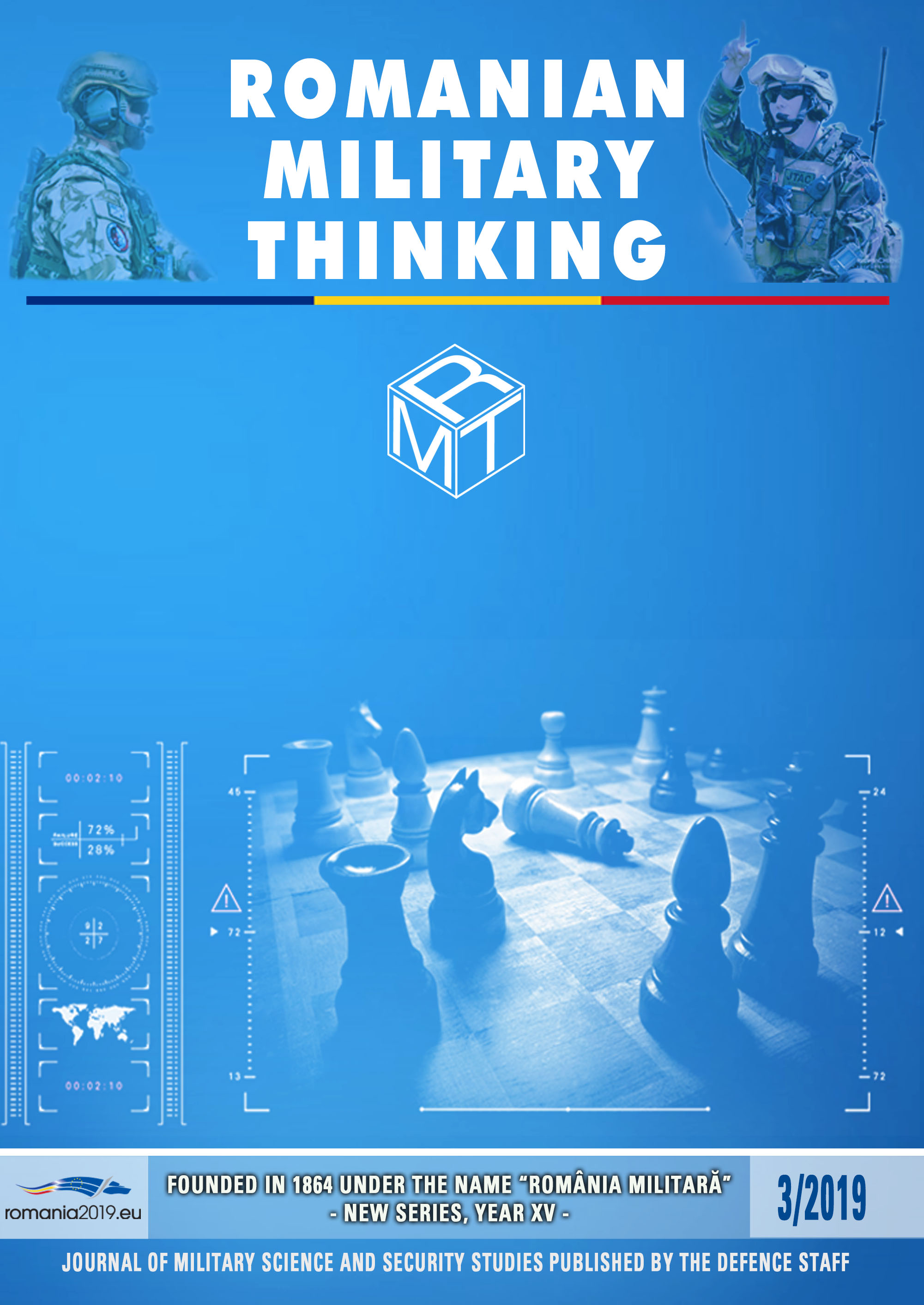Why Did The Axis Lose The Second World War? A Politico-Military And Socio-Economic Perspective
Why Did The Axis Lose The Second World War? A Politico-Military And Socio-Economic Perspective
Author(s): Gabriel Răducanu, Florentin-Gabriel GiuvarăSubject(s): Security and defense, Military policy
Published by: Centrul tehnic-editorial al armatei
Keywords: Second World War; Axis Powers; Allied Forces; politico-military perspective; socio-economic perspective;
Summary/Abstract: Considering the magnitude of forces involved, the expenditures involvedand the human and material losses produced, the Second World War hasbeen the largest and most deadly uninterrupted conflagration of humanhistory so far. It was the very first time when a considerable number of newtechnical breakthroughs including the atomic bomb were widely used againstmilitaries and civilians alike, directly or indirectly, causing the death of over 50million people, about 3% of the world population of that time1. War began on1 September 1939, with the invasion of Poland by Nazi Germany, and endedsix years later with the complete defeat of the Axis Powers – Germany, Japanand Italy – by the Allied Forces – United States, Great Britain and Soviet Union.‘Rivers’ of ink have flowed on this subject; a large bibliography has analysedcauses and factors that allowed Allies to be victorious in the Second World Warbut we cannot say the same about the causes that led to the defeat of the Axispowers. ‘Vae Victis’, as Romans would say, meaning ‘Woe to the vanquishedones’.
Journal: Romanian Military Thinking
- Issue Year: 2019
- Issue No: 3
- Page Range: 130-141
- Page Count: 12
- Language: English

